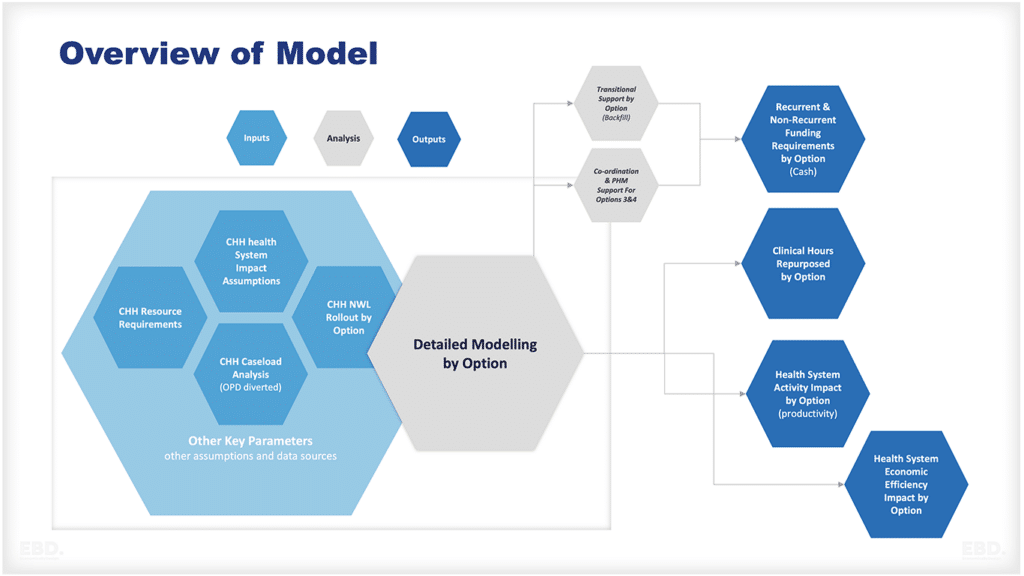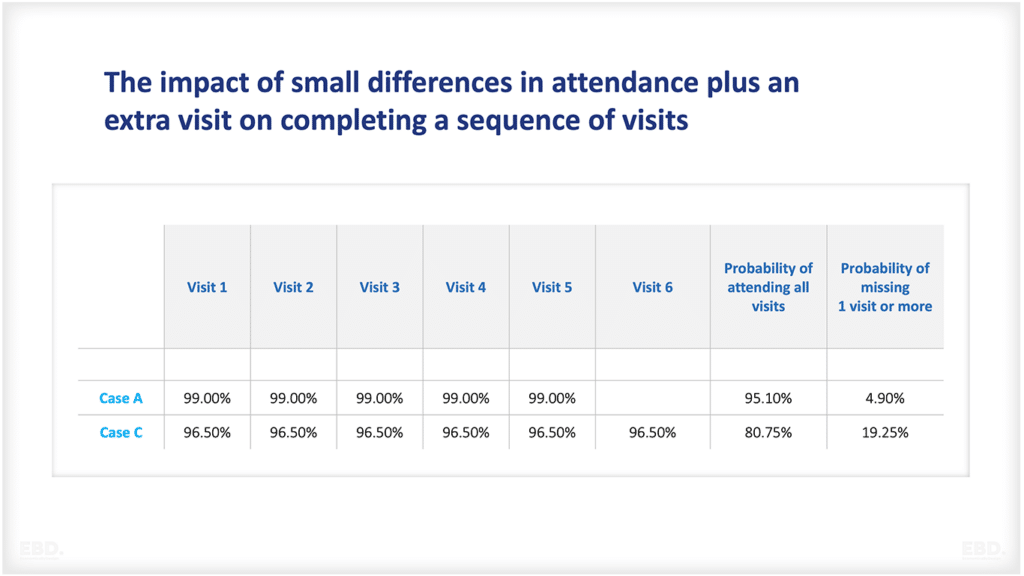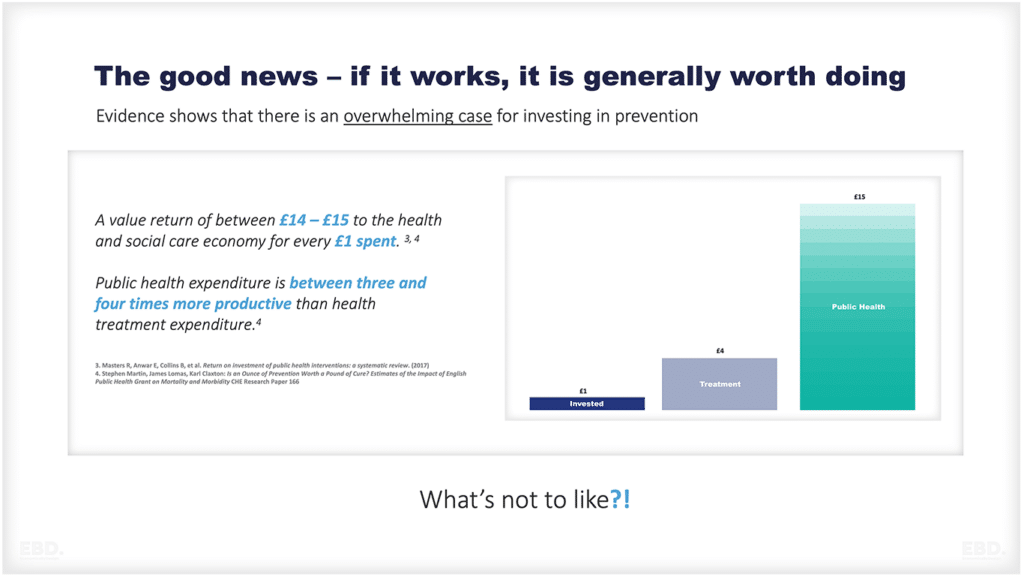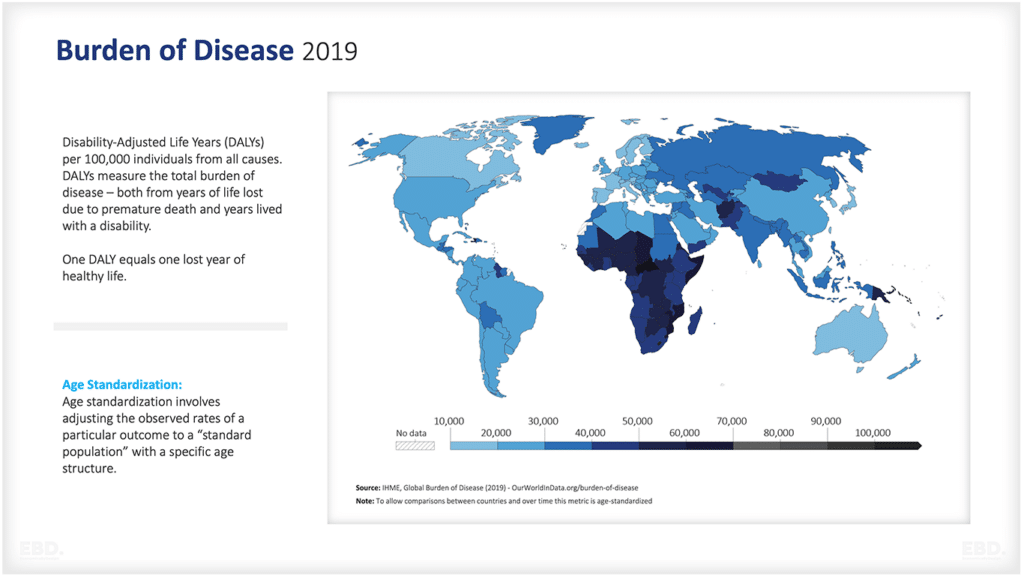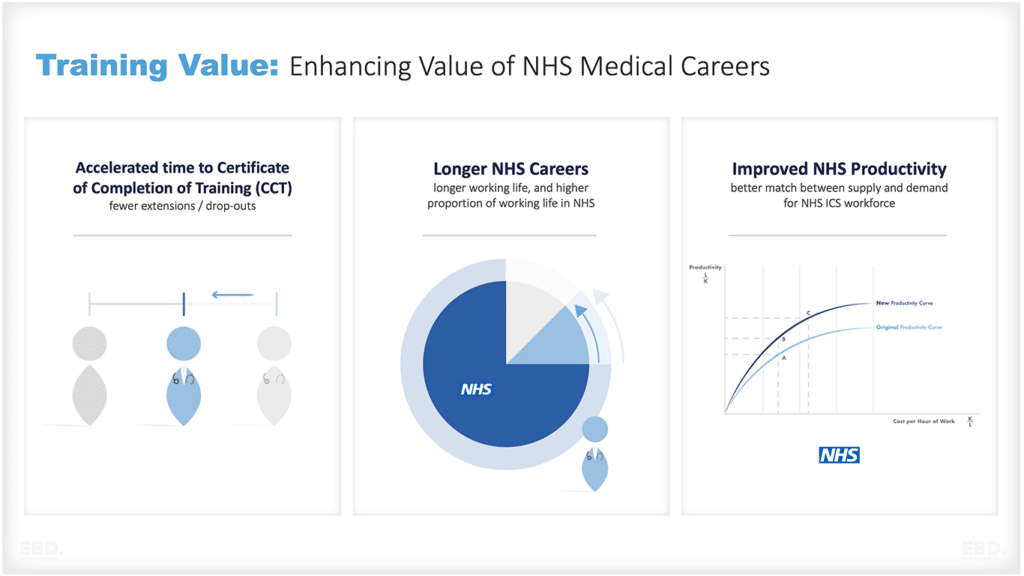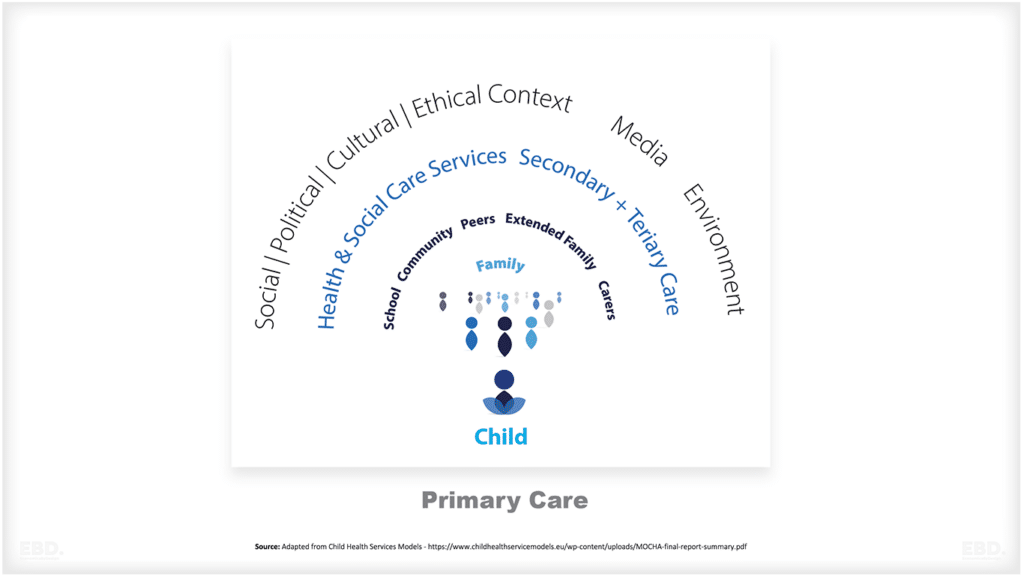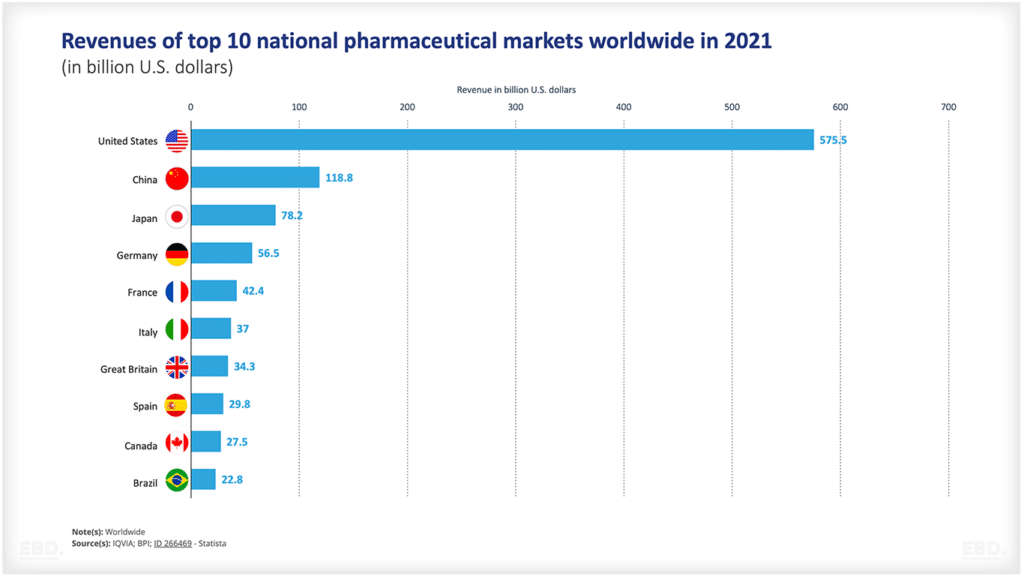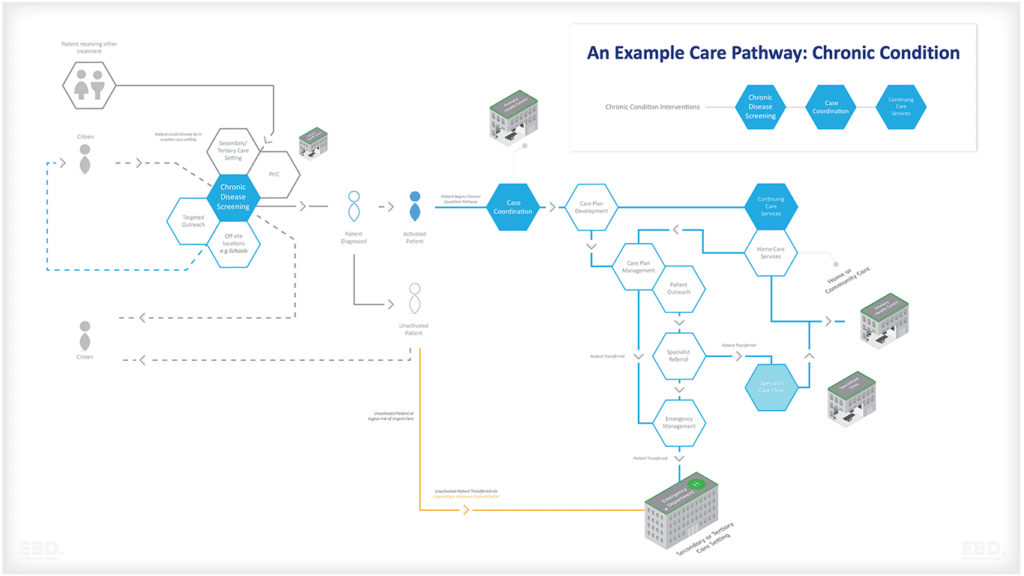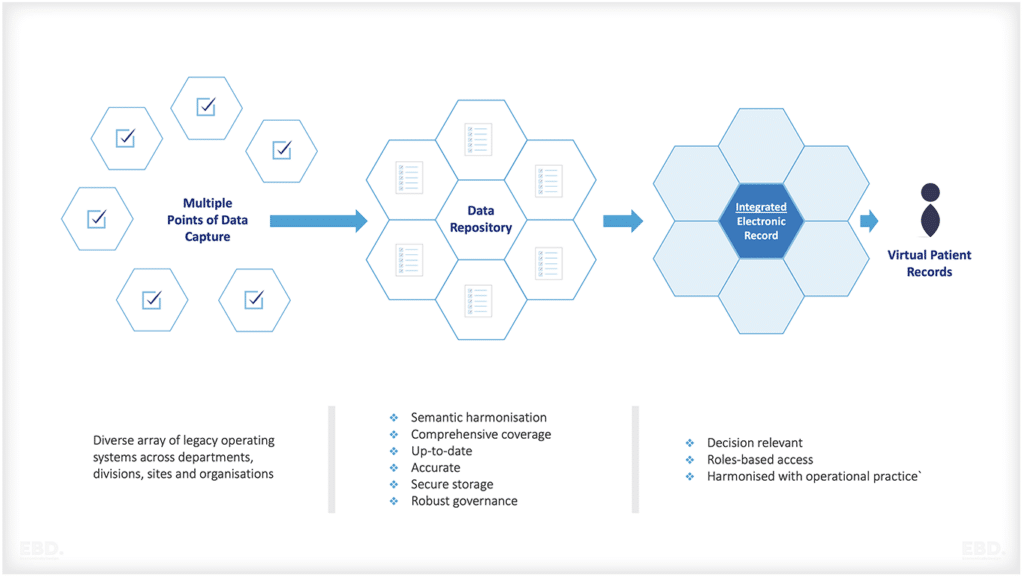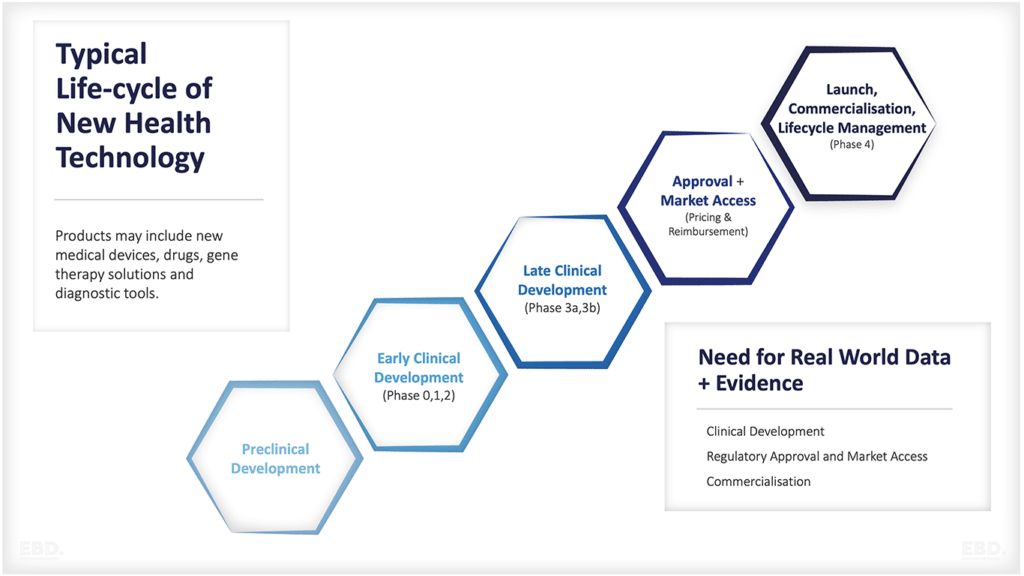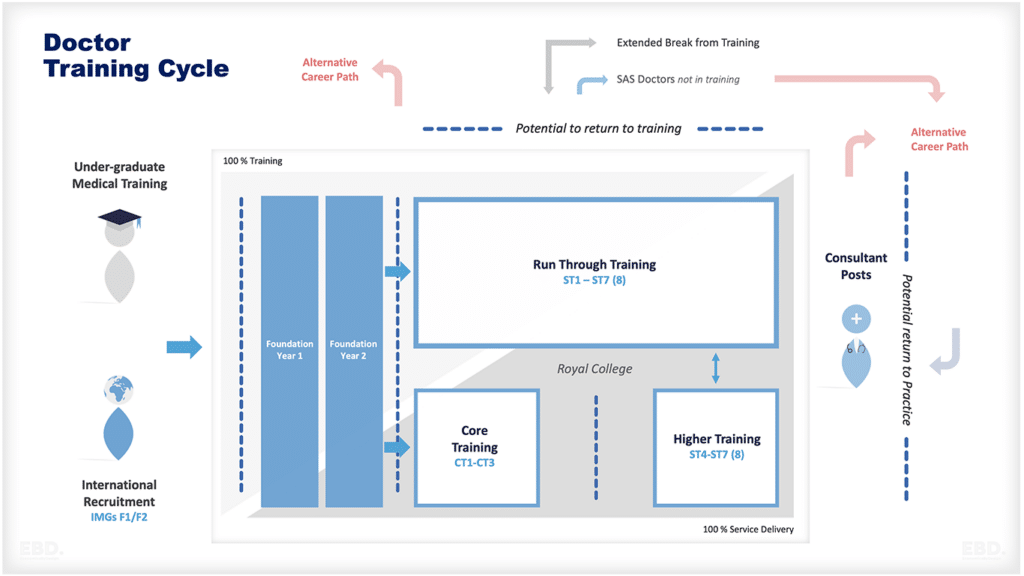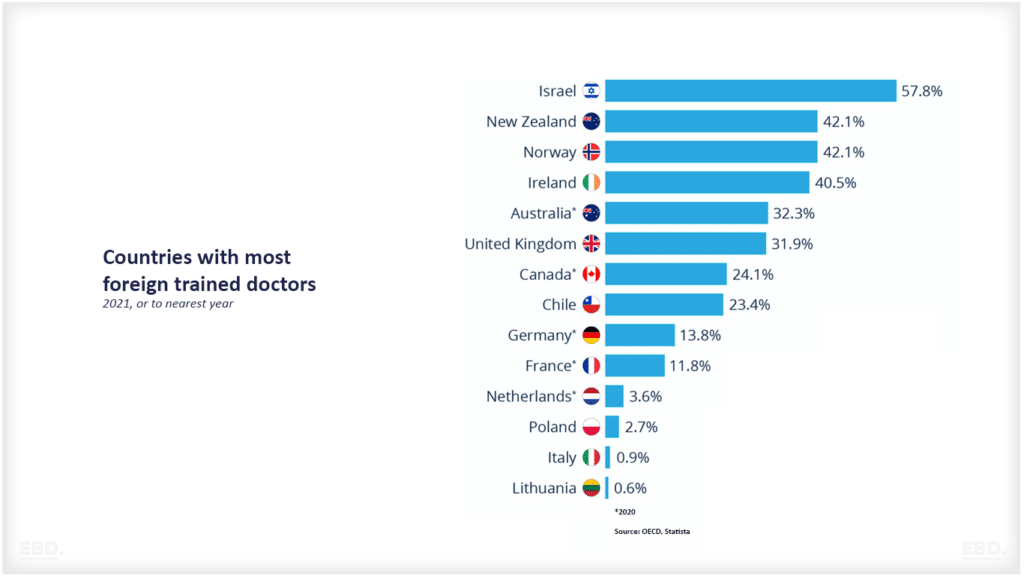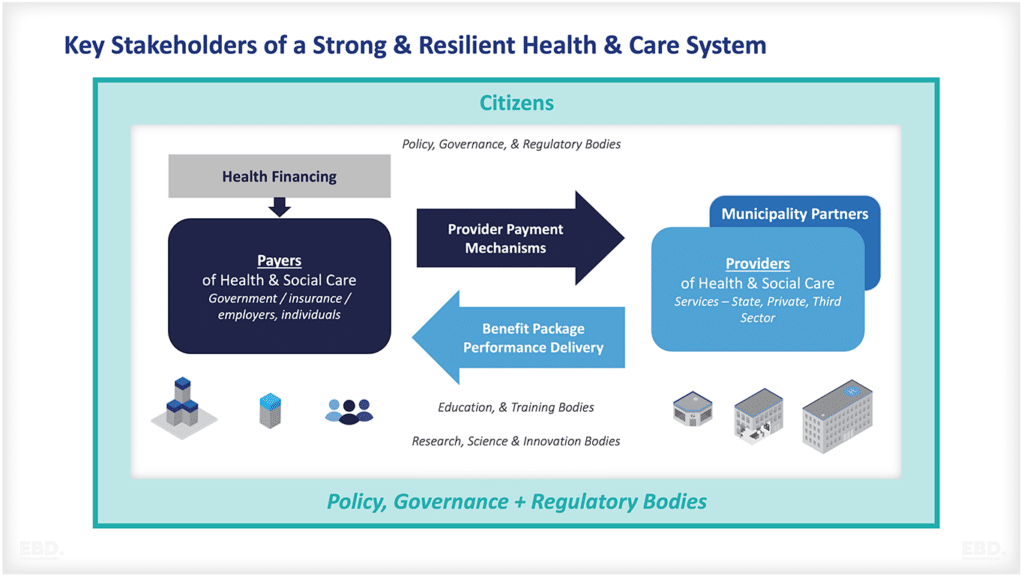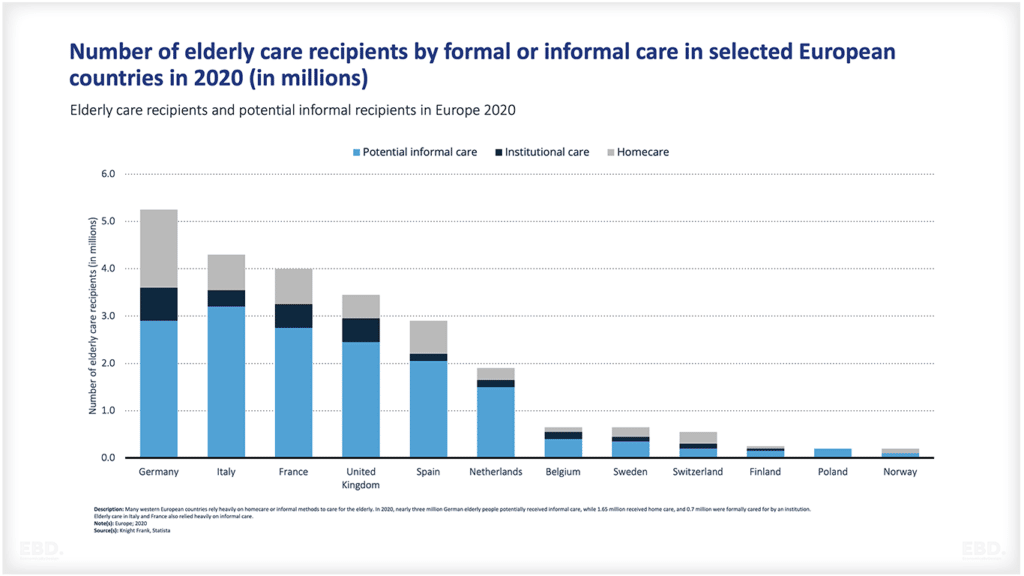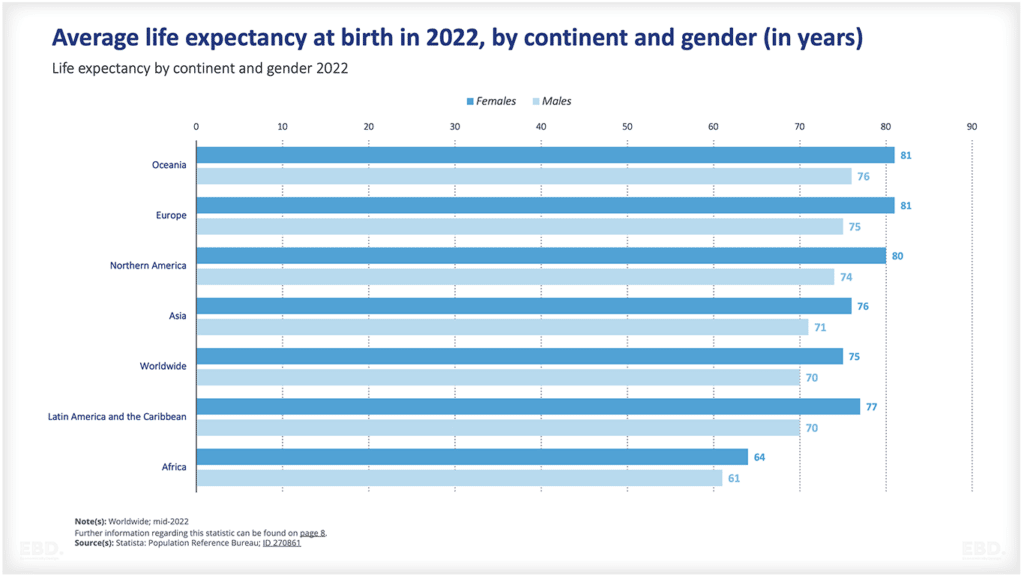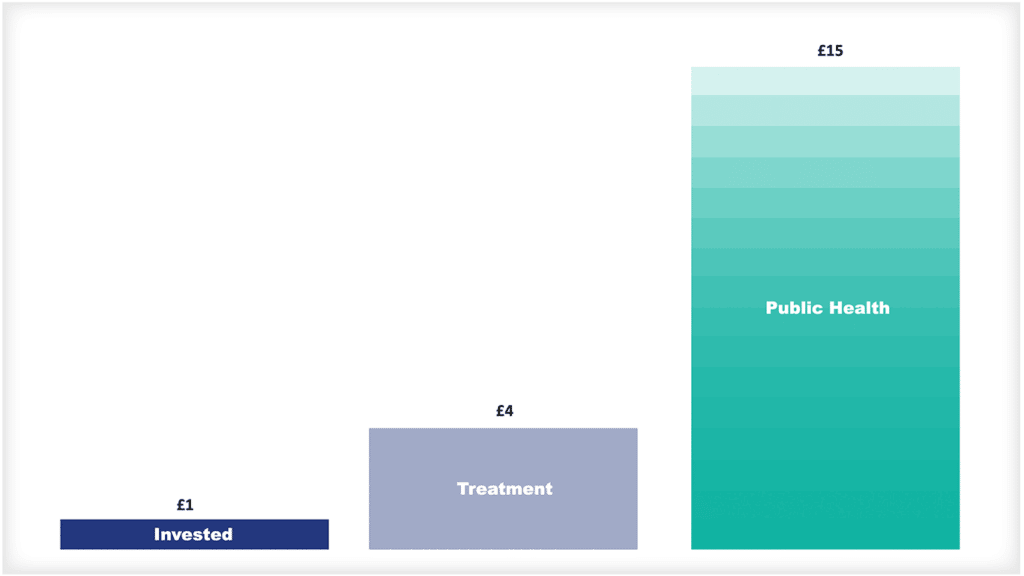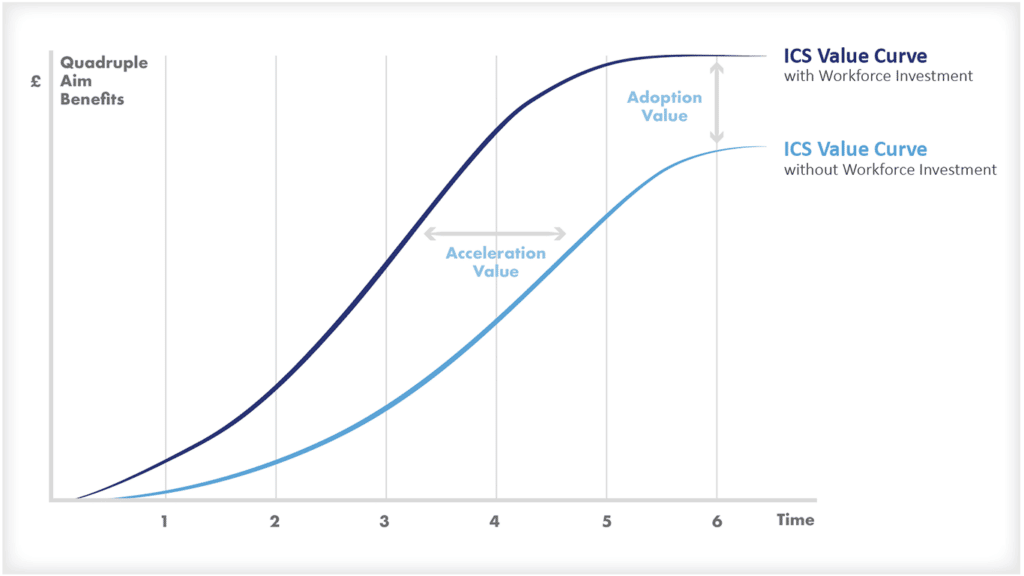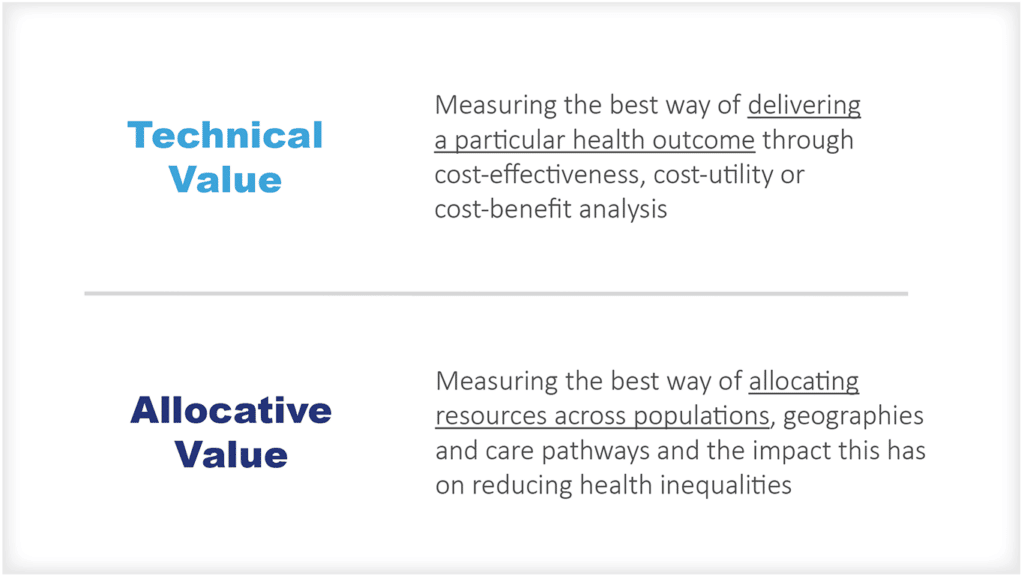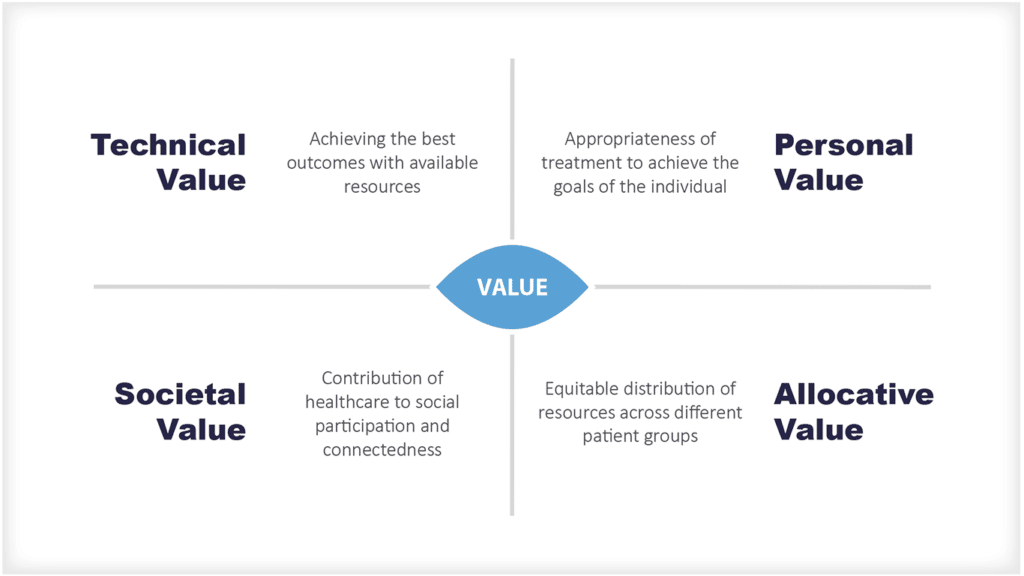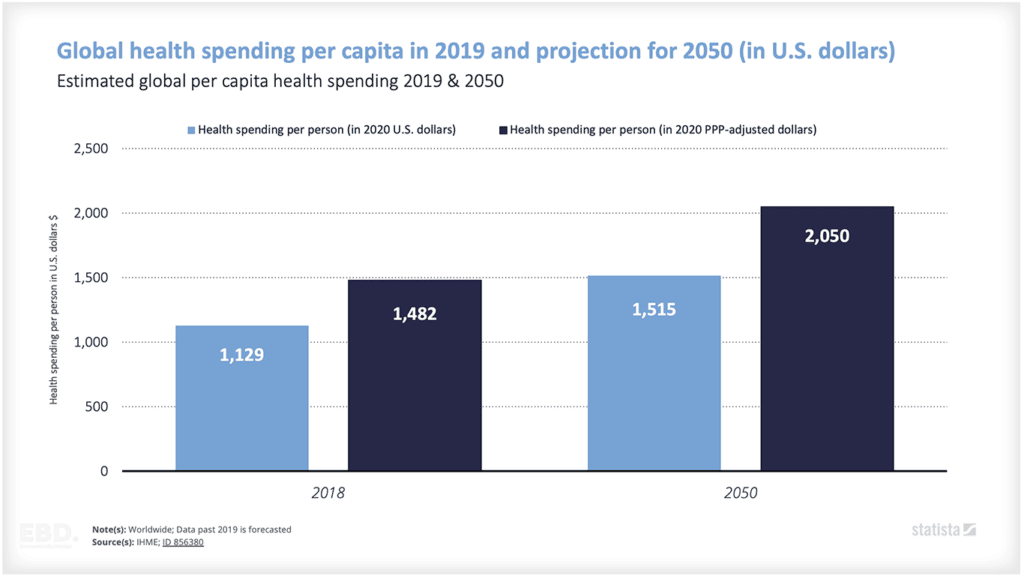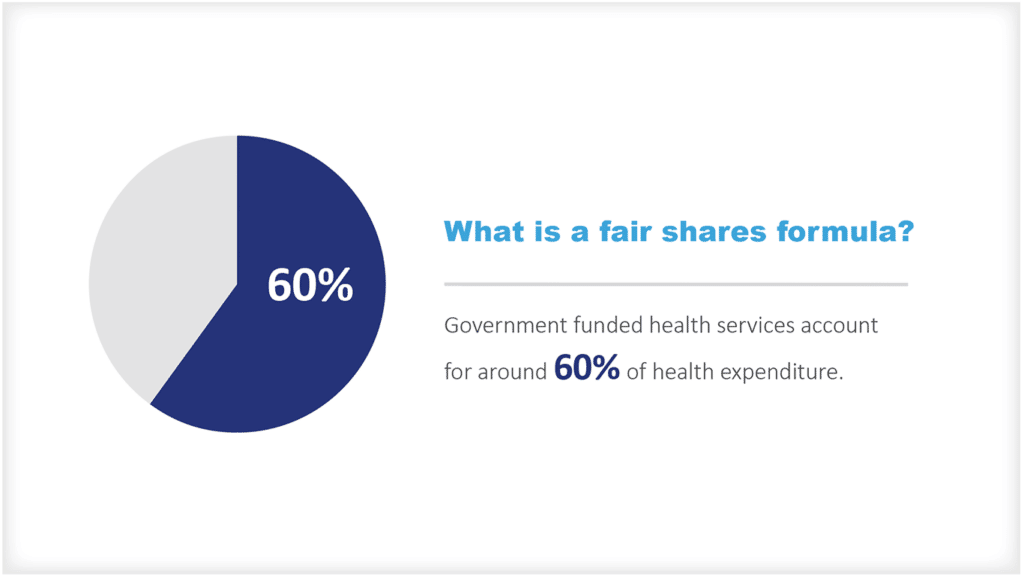
Health Professionals
Health professionals are expensive to train, recruit, and provide cover for when absent. This article looks at the economic value and cost to the health system when health professionals are themselves unwell.
The results of the 2021 NHS Staff survey published in March 22, include some interesting statistics relating to staff health [1].
Amongst other things, the questionnaire reported:
- Over 1 in 3 staff reported feeling burnt out because of their work (over half of the ambulance staff)
- 30.8% of staff experienced musculoskeletal problems because of work activities
- 46.8% of staff have felt unwell because of work-related stress in the last 12 months
- 54.5% of staff have gone to work in the previous 3 months despite not feeling well enough to perform their duties.
Economic Value
From an health economics perspective, these are very expensive statistics.
Health professionals are expensive to train, recruit and provide cover for when absent. When I talk to NHS colleagues about the economic cost of staff wellbeing, the focus of discussion is often on sickness absence, the alternative cost of using agency staff, coping without cover, or, in extreme, staff turnover.
Rarely do colleagues talk about the cost associated with staff coming to work when ill, and the impact this has on their ability to work. We economists call this “presenteeism”.
Presenteeism has an economic cost. The loss of productive time impacts negatively on the value of care to patients, the experience of staff delivering care, and increases cost to the health system (as an employer).
In January 2020, Deloitte published a report “Mental Health and Employers: Refreshing the Case for Investment”[2]. The report included estimates of the cost of mental health-related presenteeism. They estimated that presenteeism cost UK employers between £26.6bn and £29.3bn per annum. This did not include impacts on individuals or, from the employer’s perspective, team working.
This compares with absence costs of £6.8bn and turnover cost of £8.6bn. In effect, including the impact of presenteeism in the overall costs almost doubles the economic impact.
The Deloitte report included estimates of £1568 – £1840 per employee as the combined cost of mental health-related presenteeism, absenteeism and turnover in the health sector. Let that sink in. Potentially that equates to a cost of around £2bn across the NHS employees alone. If you include wider health issues (such as musculoskeletal problems) the cost will be much higher.
The development of staff wellbeing hubs across the NHS, which provide rapid access to support, is a very welcome and potentially high-value investment [3]. 40 of these have been set up across the country and are now live.
It will be interesting to see how well they are used by the 54.5% of staff who are experiencing presenteeism at work. It would be even more interesting if we could measure the impact of wellbeing hubs on the economic cost of poor staff health.
[1] https://www.nhsstaffsurveys.com/results/national-results/
[2] https://www2.deloitte.com/uk/en/pages/consulting/articles/mental-health-and-employers-refreshing-the-case-for-investment.html
[3] https://www.england.nhs.uk/supporting-our-nhs-people/support-now/staff-mental-health-and-wellbeing-hubs/
